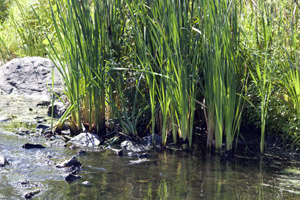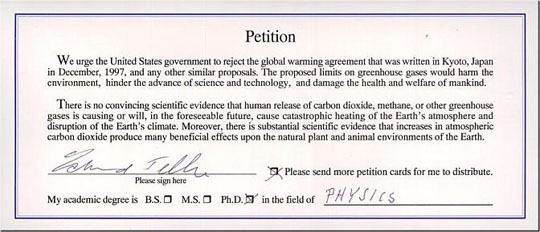As a physicist, I am frequently asked about global warming and climate change. Global warming has been on again, and off again, for the last 160 years coming out of the Little Ice Age. The increase in temperature has been largely beneficial allowing for greater food production and more livable land.
On the other hand, global warming from CO2, man-made or not, is but a small part of the measured effect if the data is reviewed. ( http://bit.ly/2jzLZKM ). The important point to take from the evidence is not that the greenhouse effect cannot contribute to global temperature, but that it is not the dominant effect. And models of global warming have repeatedly failed to predict both past and future temperatures, as anyone can see by evaluating the reports of the IPCC over the last few decades. In reviewing the various models a few years back, I found that some of the failure comes from the inability to properly account for cloud formation and increased reflection of sunlight.
Climate change itself is always happening as any serious review of the scientific literature can expose. Much of it appears to be due to changes in ocean currents. However, some models of climate change, which incorporate various failed models of global warming as a primary driver, are nonsensical; they are untestable, over specified, unverified, and stochastically incomplete. That is not to say that models of global warming and climate change are worthless; their failures can tell us some of what we don’t know.
All scientific questions must be testable, and therefore, subject to falsification. However the typical climate model has enough parameters, assumptions, and choices about what to include, that the model can be tuned, that is adjusted, to fit the data so no falsification is possible. This lack of falsification is pseudo-science by definition.
Climate change models that predict changes in catastrophic events are even more suspect. In testimony to congress in 2015, Professor Judith Curry stated, “Efforts to link dangerous impacts of extreme weather events to human-caused warming are misleading and unsupported by evidence.” Scientific analysis of climate variability has not shown sufficient change with warming to justify the claims. Estimates of rare events by stochastic models is not so straightforward.
Further, climate change models cannot be uniquely tested. Indeed, many possible models exist to predict the same scenario. And some of the models have restricted code: does the code actually work properly? Consequently, they have never been subject to verification.
Finally, a short word on the process of science is necessary. An important part of science is skepticism, the ability to always question any result. Science is never settled. Science is not conducted by consensus but by evidence. The claims of such finality are a hoax, even if the science in question has value. And the ad hominin attacks ( http://bit.ly/1HJDSw7, e.g. http://on.wsj.com/2h4uEJq ) on those who disagree are a direct clue of the dishonest nature of the claims.


